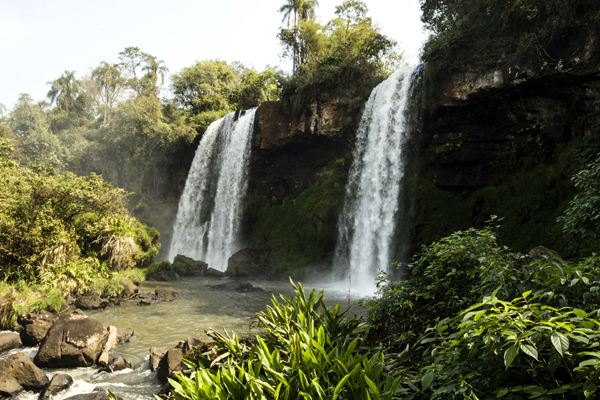1.7M
-
Stress Reduction:
- Spending time in nature has been shown to reduce stress levels. The calming effect of natural surroundings, the sound of rustling leaves, and the scent of fresh air contribute to a sense of relaxation, helping to lower cortisol levels and alleviate stress.
-
Improved Mood and Mental Health:
- Nature exposure is associated with improvements in mood and mental well-being. Outdoor activities in green spaces can reduce symptoms of anxiety and depression. The beauty of natural landscapes has a positive impact on emotional states, fostering a sense of tranquility and joy.
-
Enhanced Creativity and Cognitive Function:
- Time spent in nature has been linked to increased creativity and improved cognitive function. Exposure to natural settings has shown to enhance problem-solving skills, boost attention spans, and stimulate creative thinking.
-
Increased Physical Activity:
- Engaging in outdoor activities naturally promotes physical exercise. Whether it's hiking, cycling, or simply taking a walk in the park, being in nature encourages movement, contributing to better physical health and fitness.
-
Connection and Mindfulness:
- Nature offers an opportunity for individuals to connect with the present moment. The sensory experiences provided by the outdoors encourage mindfulness, helping people focus on the sights, sounds, and sensations around them, promoting a sense of presence.
-
Social Connection:
- Group ecotherapy activities foster social connection and a sense of community. Participating in outdoor group activities can strengthen social bonds, reduce feelings of isolation, and create a supportive environment for individuals facing mental health challenges.
-
Therapeutic Gardens and Horticulture:
- Therapeutic gardens and horticultural activities are integral parts of ecotherapy. Engaging in gardening and caring for plants can be therapeutic, offering a sense of accomplishment, purpose, and a connection to the natural cycle of growth.
-
Resilience and Coping Skills:
- Exposure to nature has been linked to increased resilience and improved coping skills. Nature-based interventions are often incorporated into therapy programs for individuals dealing with trauma, grief, or other mental health challenges.
-
Mind-Body Connection:
- Ecotherapy recognizes the interconnectedness of mental and physical health. Spending time in nature supports the mind-body connection, promoting overall well-being.
-
Environmental Stewardship:
- Ecotherapy emphasizes the importance of connecting with the natural world and, in turn, fostering a sense of environmental stewardship. Caring for nature can instill a sense of responsibility for the environment and encourage sustainable practices.
- Incorporating ecotherapy into one's life can be as simple as taking a walk in the park, practicing mindfulness in a garden, or participating in organized outdoor activities. As a complementary approach to traditional therapy, ecotherapy harnesses the healing power of nature to promote holistic well-being.




Comments (0)